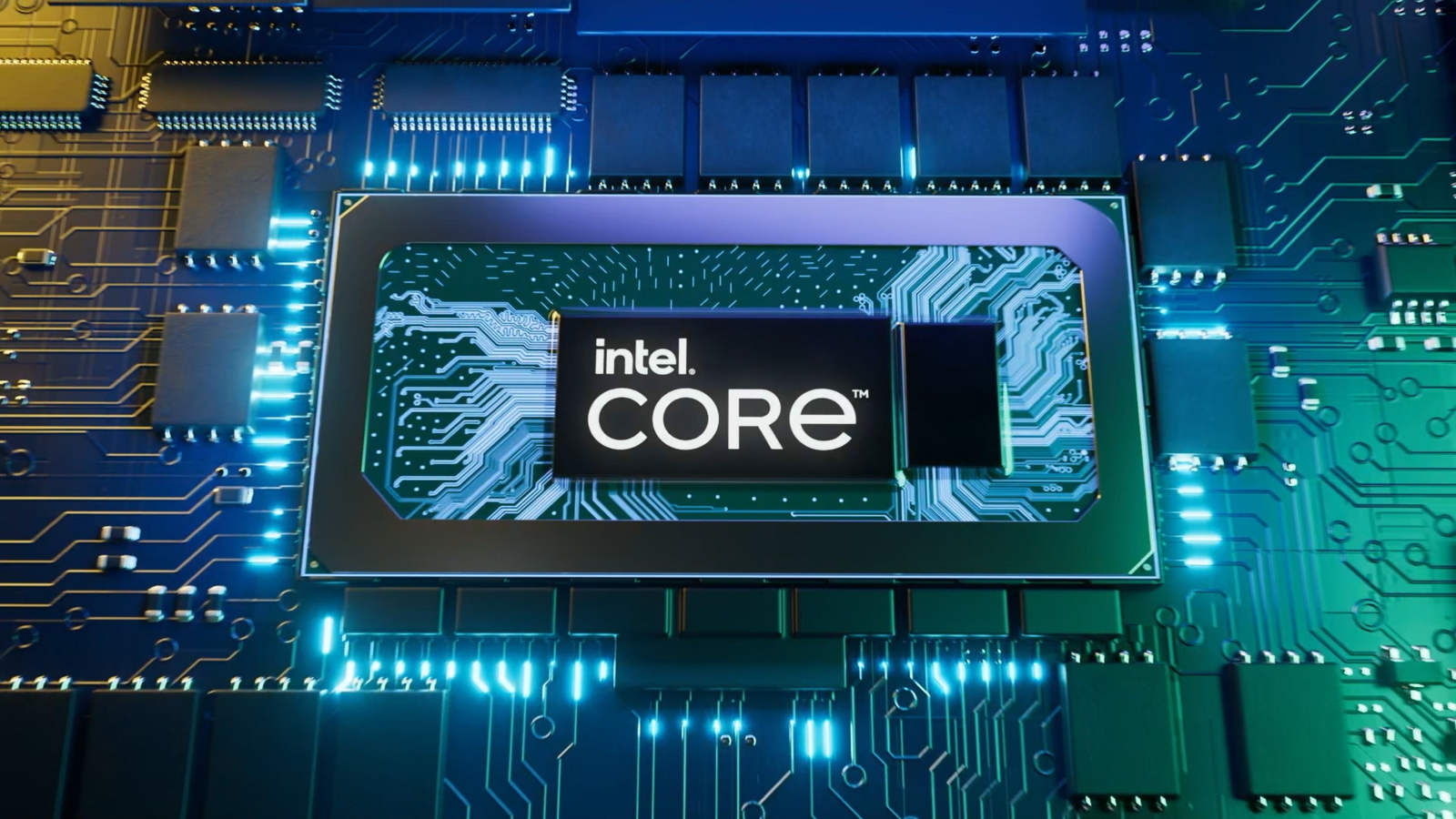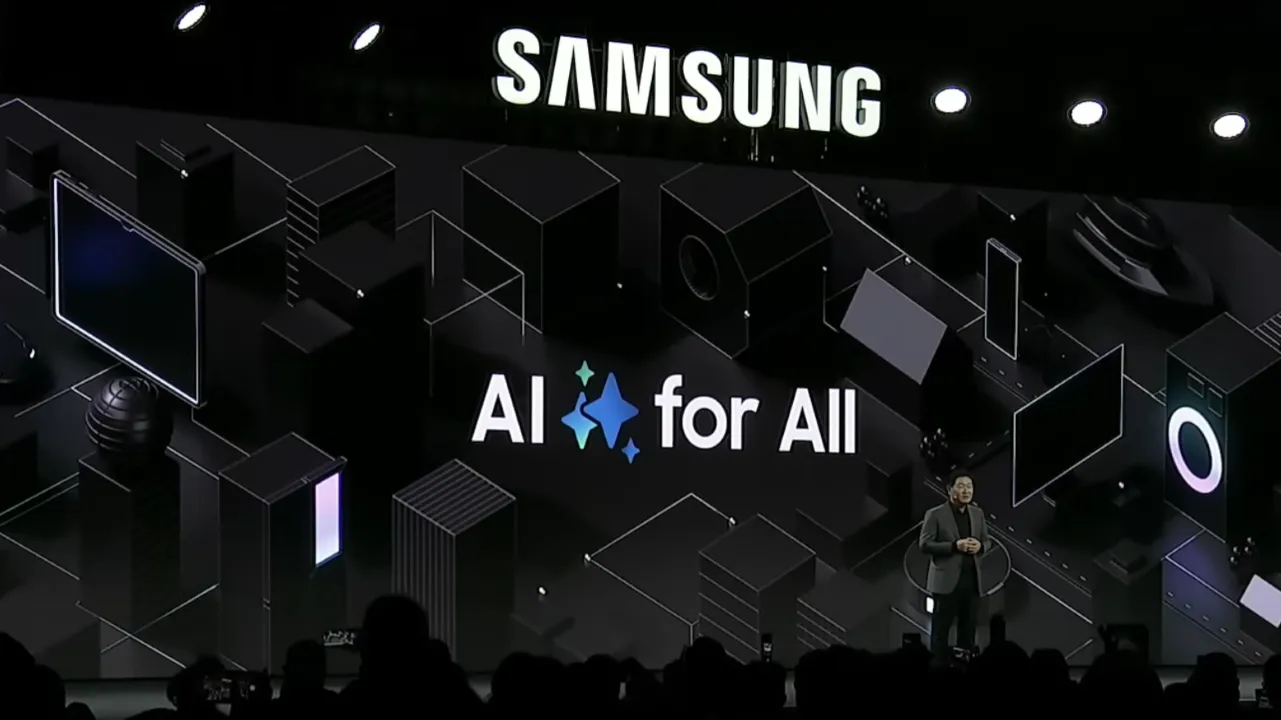Intel’s Itanium CPU architecture, which was once touted as the future of computing, has finally been laid to rest. With the removal of IA-64 support from the Linux kernel in version 6.7, Itanium is now essentially defunct.
Key highlights:
- Linux is removing support for Itanium’s IA-64 architecture with the 6.7 update of the Linux kernel.
- Itanium was Intel’s first 64-bit CPU, powered by the IA-64 architecture, and was jointly developed by Intel and HP.
- Itanium was initially intended to be a high-performance CPU for servers and workstations, but it never gained widespread adoption.
- The end of Linux support for IA-64 marks the effective end of Itanium, as it is now the only major operating system that still supports the architecture.

Itanium was Intel’s first 64-bit CPU, and it was jointly developed with HP in the late 1990s. It was initially intended to be a high-performance CPU for servers and workstations, but it never gained widespread adoption. One reason for this was that Itanium was not compatible with existing 32-bit software, which meant that customers would have to invest in new software and applications in order to use Itanium CPUs.
Another reason for Itanium’s failure was that it was simply not as competitive as other 64-bit CPUs, such as AMD’s Opteron and Intel’s own Xeon processors. Itanium CPUs were typically more expensive and less power-efficient than their competitors, and they did not offer any significant performance advantages.
As a result of these factors, Itanium never became a major player in the CPU market. Intel continued to produce Itanium CPUs until 2021, but they were only used in a small number of niche applications.
The removal of IA-64 support from the Linux kernel is the final nail in the coffin for Itanium. With no major operating systems still supporting the architecture, there is no longer any reason to use Itanium CPUs.
The end of Itanium is a cautionary tale for the tech industry. It shows that even the biggest companies can make mistakes, and that even the most promising technologies can fail. It also shows that the market is ultimately the decider of which technologies succeed and which ones fail.
The impact of the end of Itanium support:
The end of Itanium support will have a limited impact on the overall IT industry, as Itanium CPUs were already being used in a very small number of applications. However, it will have a significant impact on the small number of businesses and organizations that still rely on Itanium-based systems.
These businesses and organizations will need to either migrate their workloads to new systems or find alternative solutions. This can be a costly and time-consuming process, and it may not be possible for all businesses to migrate away from Itanium.
The future of 64-bit computing:
The end of Itanium does not mean the end of 64-bit computing. In fact, 64-bit computing is now the de facto standard for all modern CPUs.
The two main 64-bit CPU architectures today are AMD64 and Intel64. AMD64 is also known as x86-64, and it is used by all modern AMD and Intel CPUs.
AMD64 is a backwards-compatible extension of the 32-bit x86 architecture, which means that it can run both 32-bit and 64-bit software. This has made AMD64 the most widely adopted 64-bit CPU architecture in the world.
Intel64 is Intel’s own 64-bit CPU architecture, and it is used in Intel’s Xeon and Core processors. Intel64 is also backwards-compatible with x86 software.
The future of 64-bit computing is bright. With the end of Itanium, AMD64 and Intel64 are now the only two major 64-bit CPU architectures. This will make it easier for software developers to write code that can run on all modern CPUs.
The end of Itanium is a significant event in the history of computing. It marks the end of an era, and it is a reminder that even the biggest companies can make mistakes.
However, the end of Itanium is also a new beginning for 64-bit computing. With AMD64 and Intel64 now the only two major 64-bit CPU architectures, the future of 64-bit computing is brighter than ever.



























